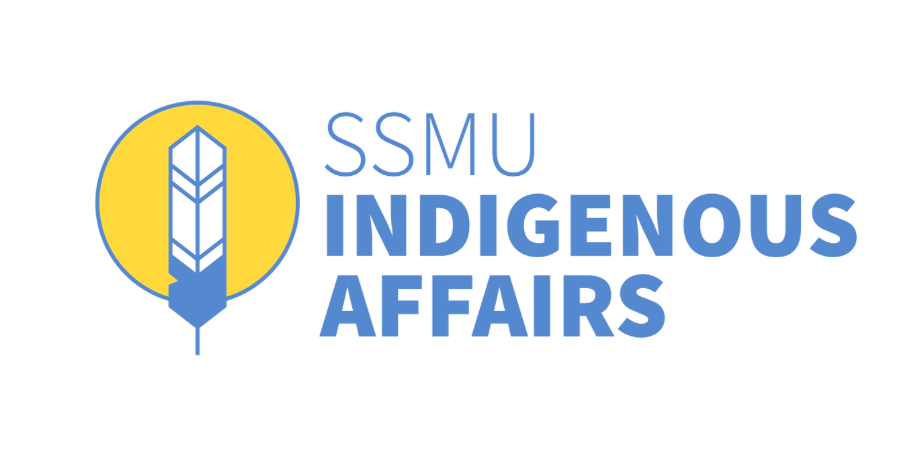Increasing the Indigenous Equity Fee should be a popular suggestion.
The intergenerational strength and resiliency of Indigenous students attending McGill is remarkable. Indigenous students face a number of hurdles which make it less likely for them to end up pursuing post-secondary education—among these are systemic disadvantages that play into almost every Indigenous person’s life.
Indigenous people living on reserve are less likely than non-Indigenous individuals to complete high school, which is a prerequisite for admission to any Canadian university. The percentage of off-reserve Indigenous students graduating high school, though increasing year by year, still lags behind. The reasons for this lie in a history of colonialism that has resulted in the impoverishment, marginalization, and despair on Indigenous peoples. Unsurprisingly, the proportion of Indigenous students living off reserve who receive a high school diploma is greater among those with no family history of forced attendance at residential schools than among those with a history of family attendance. Relative to the broader Canadian population, Indigenous peoples, for example, have higher incarceration rates, higher infant mortality rates, higher school drop-out rates, higher rates of smoking, alcohol, and drug abuse, and suffer a range of chronic health conditions at a higher rate than their non-Indigenous counterparts.
All of these factors speak to the incredible dedication and perseverance of Indigenous students in their post-secondary educational pursuits. These students are examples for everyone to follow in terms of their strength and resilience in the face of adverse circumstances.
However, the mere fact of working hard and being admitted to university does not mean that Indigenous students are exempt from the effects of colonialism. In many cases, they find themselves in a setting that is altogether unfamiliar to them in language, culture, and practices. According to recent student consultations held by Students’ Society of McGill University (SSMU) Indigenous Affairs, Indigenous students face racism on a daily basis through in-person and online comments from their peers and are consistently singled out in classrooms to speak to Indigenous issues. Outside McGill, they must continue to contend with the needs of their families. Within McGill, Indigenous students struggle to access mental health services at a higher rate than the rest of the student population. In addition, they face these challenges against the backdrop of daily news reports about how the federal government continues to engage in contemporary colonization, while paying lip service to ‘reconciliation’ that never actually ends up happening. These factors are just some of the unseen burdens and additional hard work that Indigenous students put into completing their postsecondary education.
McGill can be made a much more hospitable place for Indigenous students. Students have already voted to do so by introducing the Indigenous Equity fee—the $1 semesterly contribution added to SSMU student fees to create the Indigenous Equity Fund. With this contribution, SSMU Indigenous Affairs has been able to make significant progress in improving the well-being of Indigenous students by making attending McGill more accessible to those living on nearby reserves, increasing the visibility of Indigenous peoples on campus through events and campaigning, and hiring additional staff to hold consultations with Indigenous students and analyze McGill policies and procedures. The consultations have proven what Indigenous students all knew individually and identified experiences that were, in fact, common to many. They demonstrated that while the Indigenous Equity Fee is already effective, we are still coming up short in ensuring the success of Indigenous students and their integration into student life on campus. If the fee were increased to $1.50, more meaningful work could be embarked on in addition to current projects, such as introducing more mental health support specific to Indigenous students, more outreach projects, campaigns combatting racism, and making Indigeneity more visible on our campus by supporting and funding Indigenous art. These efforts would leave McGill better positioned to respond to the challenges that Indigenous students themselves have said are active barriers to access.
McGill students should all come together to help ensure the success of every Indigenous student at McGill by voting ‘yes’ to the increase of $0.50 to the Indigenous equity fee. This will not only help ensure their own well-being by providing essential resources, but that of their families and communities as well.









Yes, I agree, nice work Joce!
Steve Fraser UofS JD*